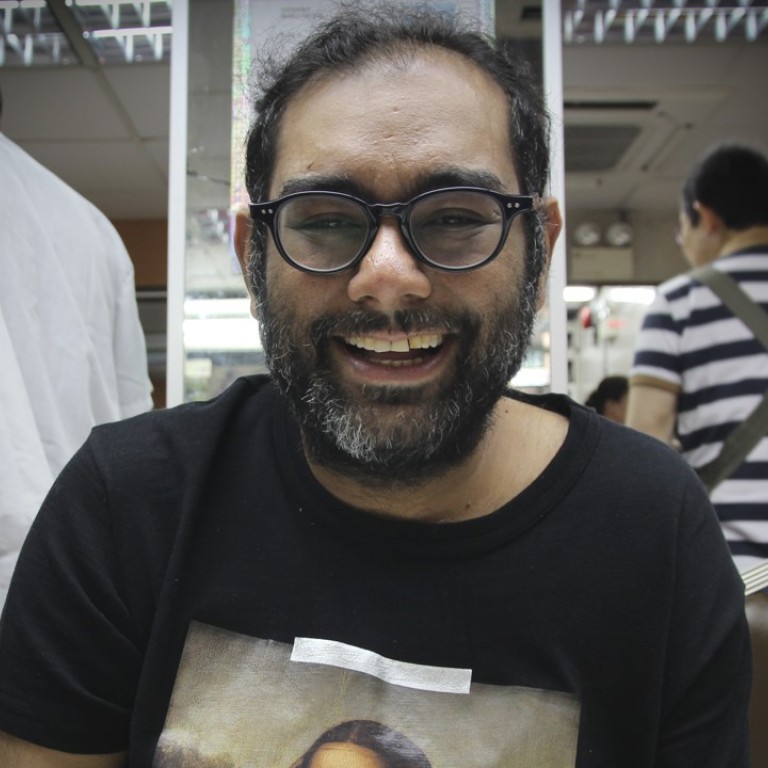
Asia’s top chef Gaggan Anand on eating best noodles in Hong Kong one last time before restaurant closes after 68 years in business
Anand, whose Gaggan is No. 1 on Asia’s 50 Best Restaurants list, flew from Bangkok just to eat a bowl of bamboo pole noodles at Wing Wah before it shuts. The staff couldn’t care less – and he wouldn’t have it any other way
Half an hour before the roller door is lifted for the day at one of Hong Kong’s most beloved noodle shops, a hungry lunchtime crowd gathers outside. They wait patiently to tuck into what could be their last bowl of traditional egg noodles from Wing Wah Noodle Shop.
Once seated inside away from the sticky summer heat, nostalgic locals start firing off their orders – and the chaos ensues. One table of customers has travelled from Shenzhen, the city in China just over the border from Hong Kong, just to eat here. But word of the family-run noodle shop’s impending demise has travelled further afield.
On Saturday, an unassuming man dressed in shorts and flip flops, and sporting a Mona Lisa T-shirt and an untamed top bun, walks into the venue to no fanfare. He, like the other customers, is here to devour a bowl of his favourite noodles. Unknown to his fellow diners, he is also one of the world’s most highly acclaimed chefs and the man behind Asia’s best restaurant.
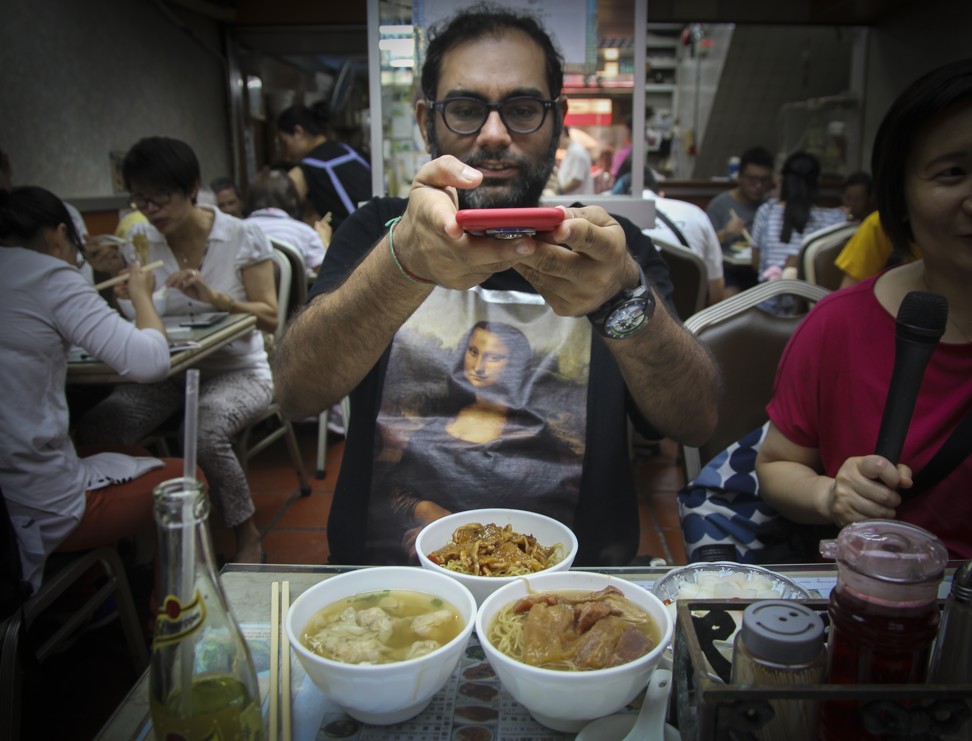
When staff are told that Gaggan Anand has travelled all the way from Bangkok just to eat their noodles, they couldn’t care less – and the laid-back Indian chef wouldn’t have it any other way.
“It’s all this commotion, the rush, the s**t the staff give you; it’s part of the experience,” says the owner of the two-Michelin-star restaurant Gaggan of the brash and hurried service the Hong Kong venue is known for.
“When I heard it was closing I made a point [to come back],” he says during our interview with him on Facebook Live. He thinks it is a terrible loss for the city. “With this, everything will die, a whole era and culture. If you look at France and Japan they want to protect their cuisine. Why doesn’t the Hong Kong government want to protect these kind [of places]?” he asks.
Wing Wah is one of only a few Hong Kong eateries left that still make its noodles using a bamboo pole to knead the dough. It’s understood the landlord is redeveloping the building on Hennessy Road, and the elderly owner, who can usually be found manning the cash register, has decided to call it day.
What I will and won't miss when Hong Kong's oldest tea house shuts
Anand first visited the restaurant in 2013 on the back of a recommendation from friend Richard Ekkebus, culinary director of the two-Michelin-star Amber at the Landmark Mandarin Oriental Hong Kong.
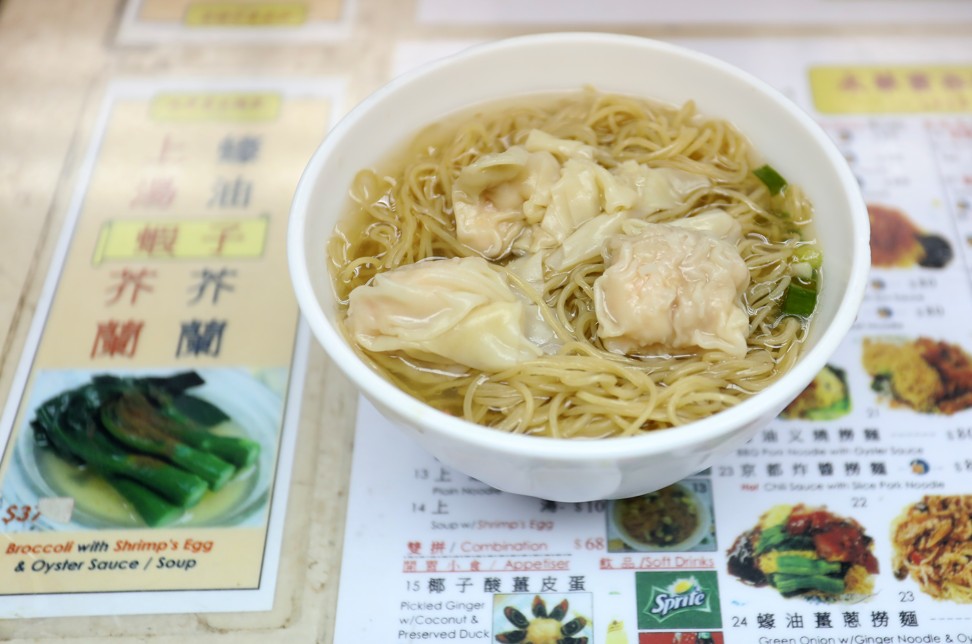
Since then, Anand has eaten here every time he passes through the city. “Sometimes I eat here when I arrive, then eat [here again] before I depart. It’s a must in my life … I love this style of noodle. The texture. The elasticity. It has a bite to it,” he says.
I came all the way from Bangkok just to eat these noodles. It’s the most expensive bowl of noodles I’ve had in my life
He doesn’t need to consult the menu under the glass table top to know what to order: a serving of spicy pork noodles (which soon turns into two) and a side of wonton. He raves about Wing Wah’s braised beef brisket, too, adding with a laugh: “But don’t tell my mum I eat beef.”
The Kolkata native also orders a refreshing bottle of Cream Soda – his second of the day – a reminder of his childhood in India. “I love Cream Soda, it’s a Kolkata-British-Hong Kong connection that you don’t get in Thailand.
“As a foodie you have your fetishes based on cravings, and I was raised drinking this. It is these old childhood memories … that become a jinx in your brain and the moment you [have it] you forget you’ve become 40 and you want to be a child [again].”
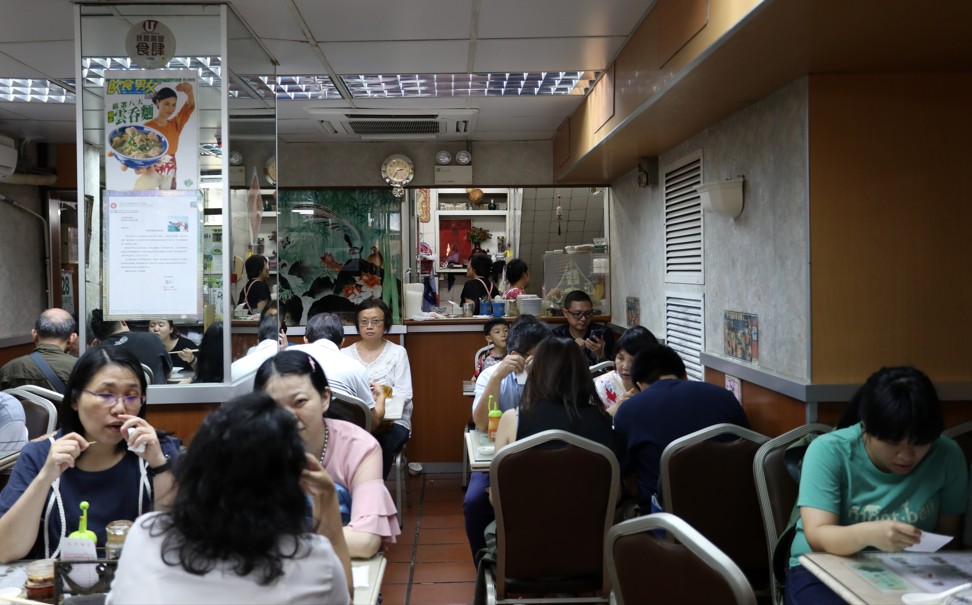
Noma, Gaggan alumna shares her incredible journey: from Mumbai to Bangkok via Paris
“It makes sense that you need to come down the mountain and start again a new journey. And I will start a new journey in a new challenge. Because imagine life without challenge,” he says. “I would love to have a restaurant in India, but these things are destiny based.”
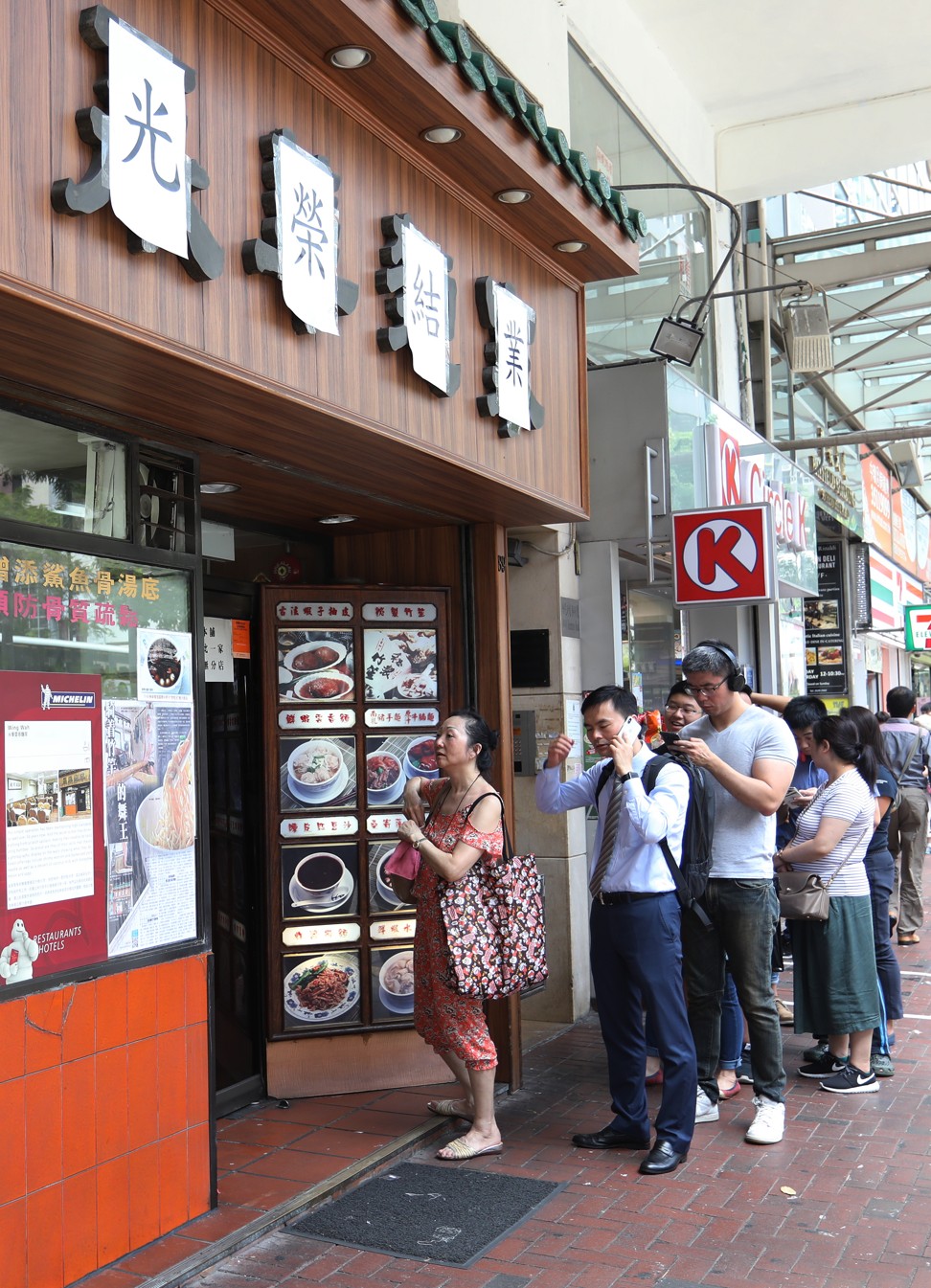
His next adventure following Gaggan, however, will take him to Japan, where he plans to open a small restaurant on the island of Kyushu in partnership with chef Takeshi Fukuyama of La Maison de la Nature Goh in Fukuoka. Called GohGan, it will be open for just 20 days a month and seat around 16 people.
While his fans can be assured they will be able to taste his creations again, whether it be in the remaining months at Gaggan or in a later venture, he is disappointed that Wing Wah’s legacy will be lost.
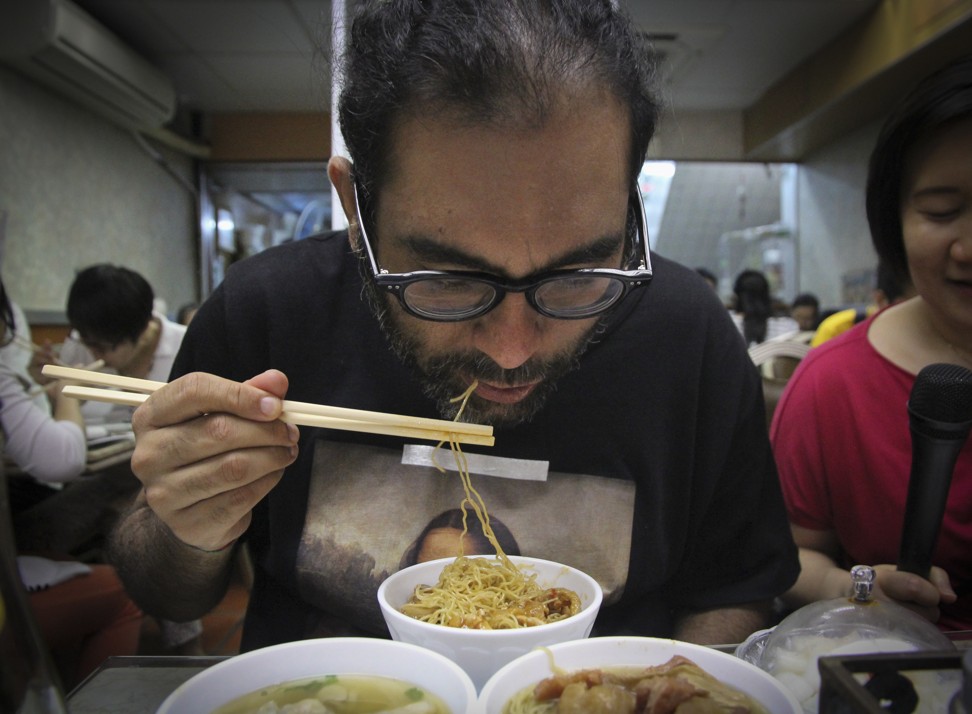
“It’s like when a band breaks up, who suffers? The fans. Not the band, the band is rich. The fans will suffer because they won’t get new music. So we as fans [of Wing Wah] will miss this kind of place,” he says.
Asked by a fan on Facebook Live how he would rate the noodles at Wing Wah out of 10, he replies with a grin: “I came all the way from Bangkok just to eat these noodles. It’s the most expensive bowl of noodles I’ve had in my life.”
Man dined at 99 of world’s best restaurants, but he is still chasing one
His mouth full, he waves away our questions. “Leave the mic; stop the camera. Let’s enjoy life,” he laughs, pointing to our cooling bowls of noodles. It’s time to eat.
“[The dish] is everything I have come for,” he says, digging in. “This is my heaven; my peace.”

